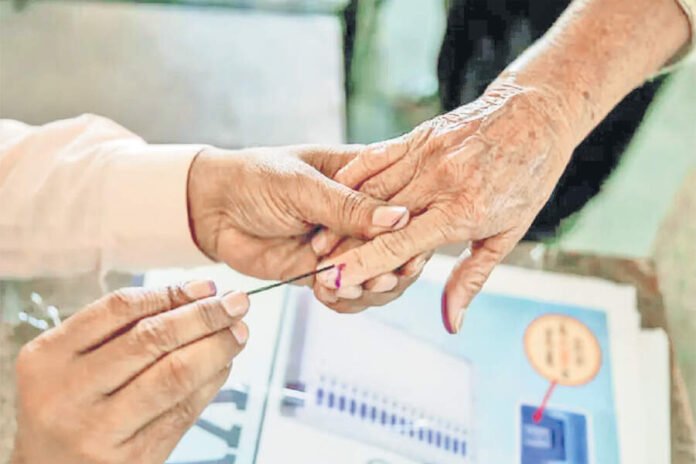As the Lok Sabha elections loom closer, the buzz of election activities reverberates throughout the nation. Scheduled in 7 phases from April 19 to June 1, 2024, this election involves a staggering 97 crore eligible voters across the country. Among them, a significant portion comprises elderly and disabled individuals who now have the option to cast their votes from the comfort of their homes, thanks to special concessions granted by the Election Commission.
Eligibility Criteria for Voting from Home:
The Election Commission has extended the privilege of postal ballot voting from home to super senior citizens, aged 85 and above, along with individuals with disabilities exceeding 40 percent. Recognizing the challenges these demographics face in reaching polling booths, Chief Election Commissioner Rajeev Kumar emphasizes the importance of active participation in the electoral process by providing this alternative.
Procedure for Voting from Home:
To exercise their right to vote from home, eligible senior citizens or disabled individuals must submit Form 14D to the Election Commission within five days of the election notification. As of March 10, 2024, there were approximately 81.87 lakh voters aged 85 and above, including 2.18 lakh centenarians, and 88.35 lakh disabled voters across India.
Read Also- Rajesh Kumar: The Telekinesis King of India
The Voting Process:
Voting from home is a streamlined process managed by the District Election Officer or Collector. A designated day before the scheduled voting date is chosen for household voting. Postal ballots are delivered to the eligible voters at their residences, allowing them to cast their votes in privacy. Election officials, accompanied by a videographer and police presence, ensure the integrity of the process. With a partition for privacy, the entire voting procedure typically takes no more than 20 minutes. Counting of votes is conducted through postal ballots, ensuring a fair and efficient electoral process.


